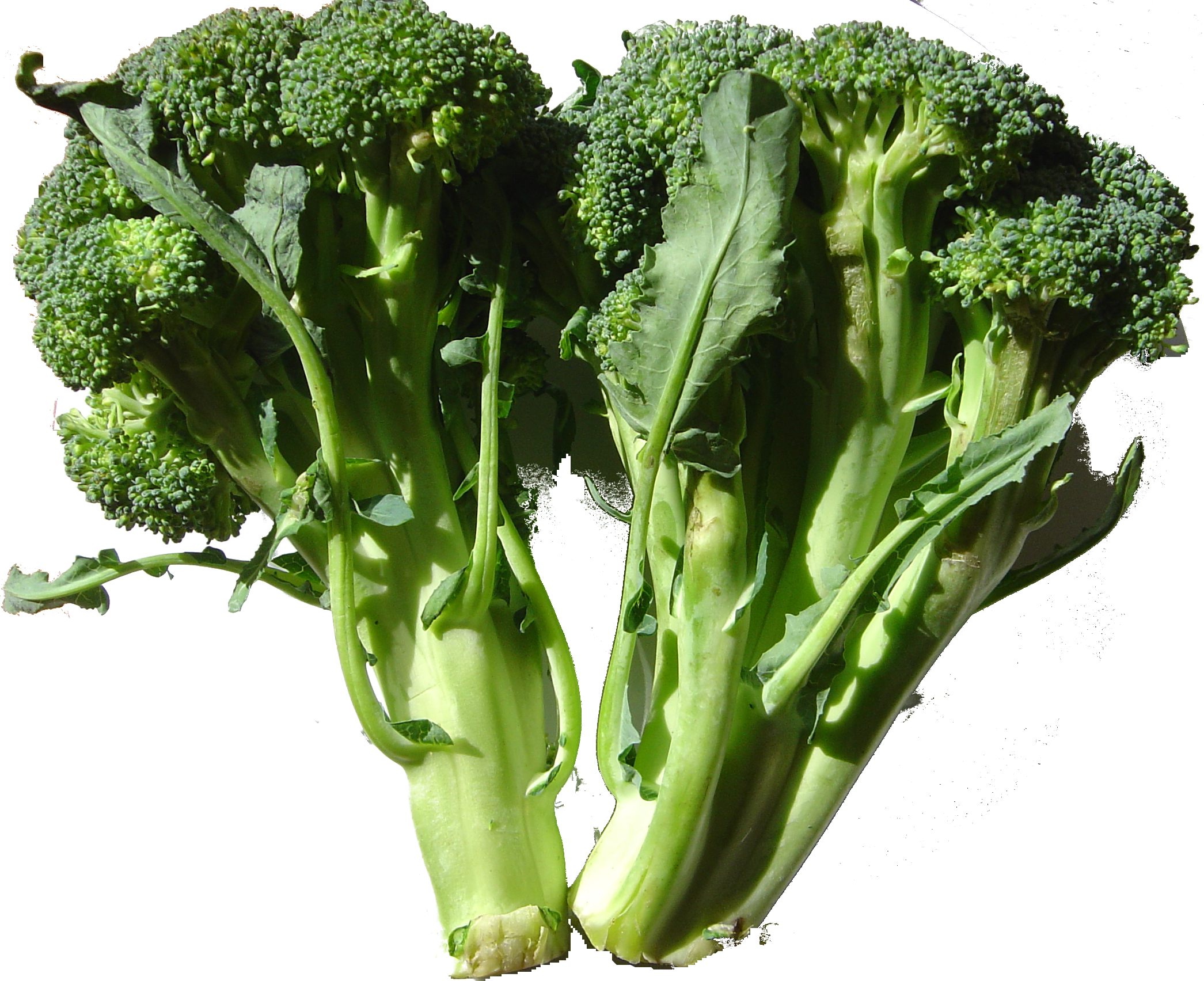In a Korean study on telomere length, 1,958 participants aged 40-69 were studied from 2001 to 2003. Dietary questionnaire responses were used to measure intake of folate; vitamins A, C, E, B1, B2, B3 and B6; and the minerals calcium, iron, zinc, phosphorous and potassium. At the ten-year follow-up, white blood cell telomere length was measured to compare it with nutrient intake. The adjusted analysis found a link between higher consumption of vitamin C, folate and potassium with a longer telomere length. It was only significant among those who were under 50, which was likely due to a lower intake of these nutrients.
 |
| Source: David Monniaux |
The authors noted that previous studies have also shown a protective effect of vitamins C and E on telomere length, most likely because of their antioxidant effects. Fighting free radicals, which cause oxidative damage, can protect all parts of a cell, including the DNA. In a study of over 500 women, those who took multivitamins had telomeres that were 5.1% longer than in women who did not. When adjusted for multivitamin use, women in the highest quartile for vitamin C intake had an average telomere length of 5,620 compared to 5,318. Folate and some other B vitamins are involved in DNA repair and chromosome maintenance. It is unclear, however, whether or not supplementation could protect telomeres, but who wants to rattle like a bottle of pills anyway?
Vitamin C, for example, comes from more foods than just oranges. One cup of capsicum (bell pepper) contains 117mg of vitamin C, a cup of broccoli has around 101mg, and a cup of pineapple has around 79mg of vitamin C, for example. A medium orange has around 70mg of vitamin C. But remember to store vitamin C-rich foods properly, and to buy them as fresh as possible! Left to sit out, broccoli can lose 80% of its vitamin C in six days, but refrigeration or freezing can reduce these losses. Folate is also found in a wide range of foods. A cup of lentils contains around 358ug of folate; a cup of asparagus contains around 268ug and a cup of spinach has around 262ug. Broccoli is also high in folate, with about 168ug per cup. Like vitamin C, the amount of folate that you actually get when you eat it depends on cooking and storage methods. A cup of cooked asparagus from the fresh vegetable is expected to have over 265ug, but the same quantity of canned asparagus would have around 170ug. It is, however, quite stable during refrigeration. Potassium is a widespread, common mineral, which we need for many biological functions. It is found in many foods such as spinach, fennel, kale, tomatoes, carrots, sweet potatoes, paw paw (papaya) and, of course, bananas. You don't have to take one or two dozen supplements to fight aging; there are some things you can do today just with diet and lifestyle.
No comments:
Post a Comment